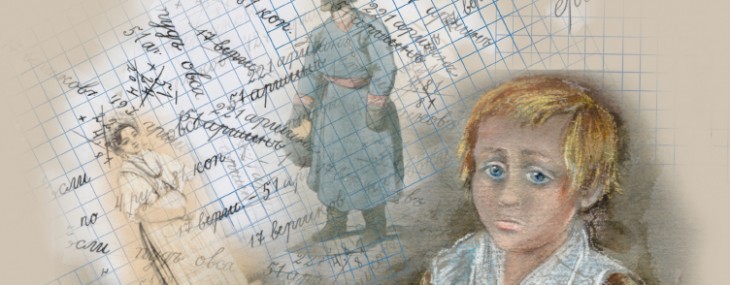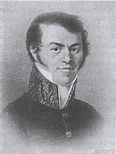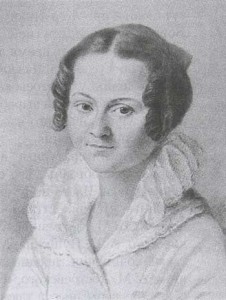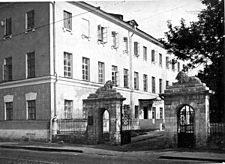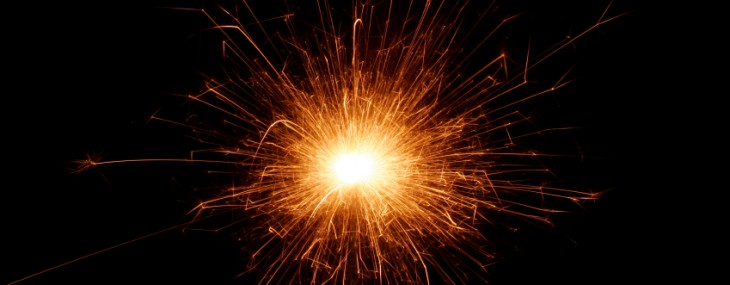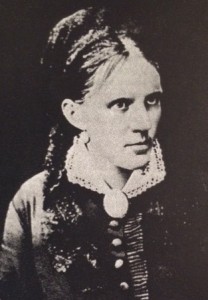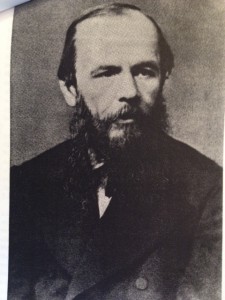“One spring evening at Moscow the door of the drawing room where all the family was assembled was thrown open, and the bailiff of the Darovoye estate appeared on the threshold. ‘The domain has been burnt,’ he announced in a tragic voice. At the first moment, my grandparents believed that they were entirely ruined; but instead of lamenting, they knelt down…and prayed to God to give them strength to bear the trial He had sent them. What an example of faith…they gave their children, and how often my father (Fyodor Dostoevsky) must have remembered this scene during the course of his stormy life!”[1]
–By Liubov Fedorovna Dostoevskaia, (Fyodor Dostoevsky’s daughter) from her book, Fyodor Dostoyevsky: A Study
Fyodor Dostoevsky was born in Moscow to Russian Orthodox parents. His father, a military surgeon, was severe in nature and held his family to rigorous standards. His very presence created an atmosphere of strength, but also condemnation, distorting the concept of God as a father.
Fortunately, his mother personified the unconditional love of God. “She was a pretty, gentle creature, devoted to her family, and absolutely submissive to her husband.” Together they had eight children—four boys and four girls—but one daughter was stillborn. Fyodor was born second. The interplay between his parents’ opposing natures is evident in Dostoevsky’s works and totally impacted his idea of God.
Though he grew up in the Lithuanian militaristic atmosphere of his father, he had the kind smile of his Russian mother. Liubov, his daughter wrote,
“He was livelier, more passionate and more enterprising than this brothers. His parents called him ‘the hothead.’ He was not proud…He loved the poor, and felt a keen interest in their lives. There was an iron gate between my grandfather’s private garden and the great garden of the hospital.
The little Dostoyevskys were strictly forbidden to go to this gate; my grandparents distrusted the manners and behavior of the lower class Moscovites. All the children obeyed the injunction, with the exception of my fatherContinue reading
